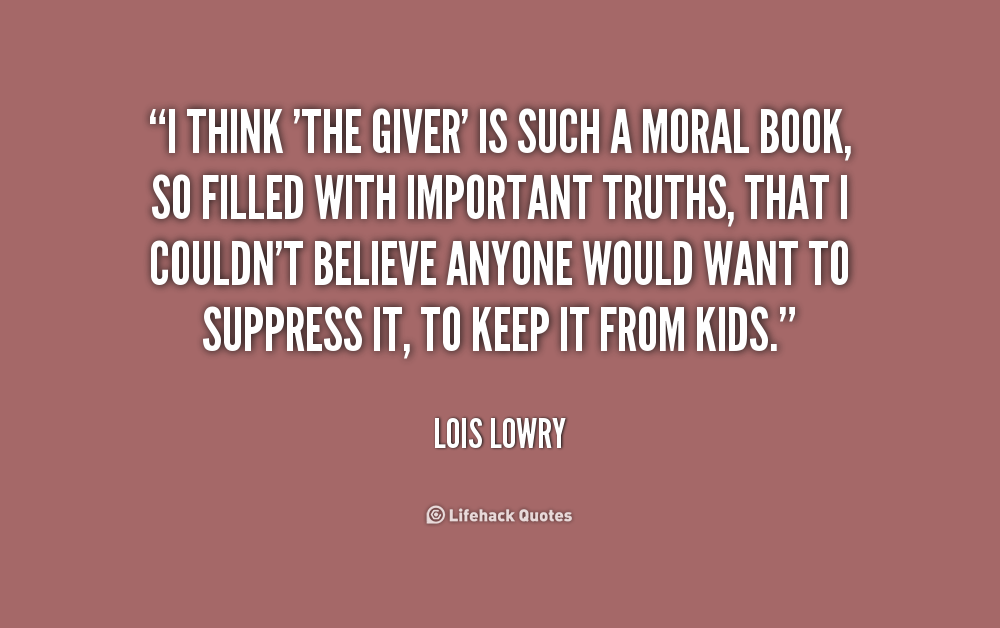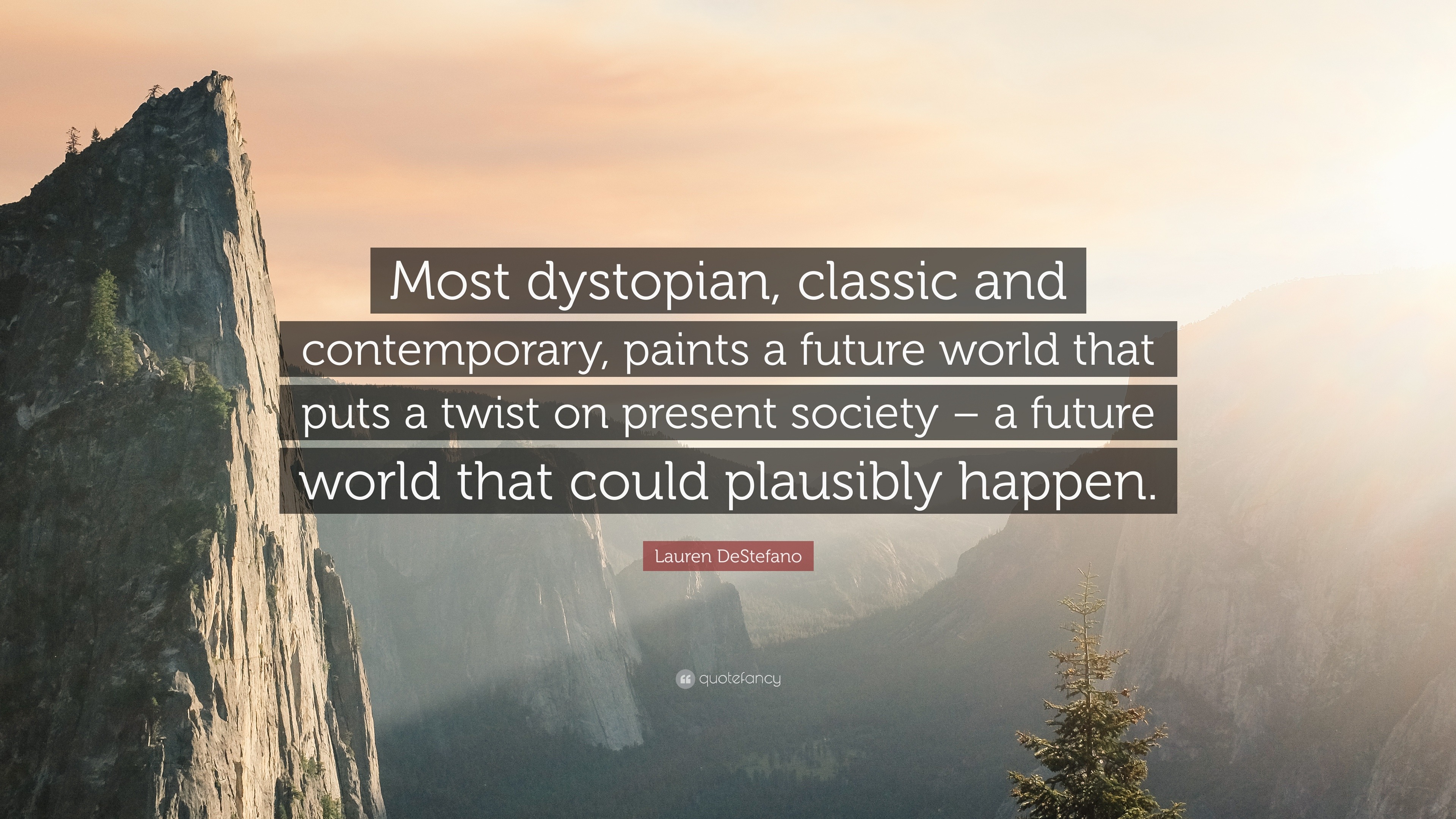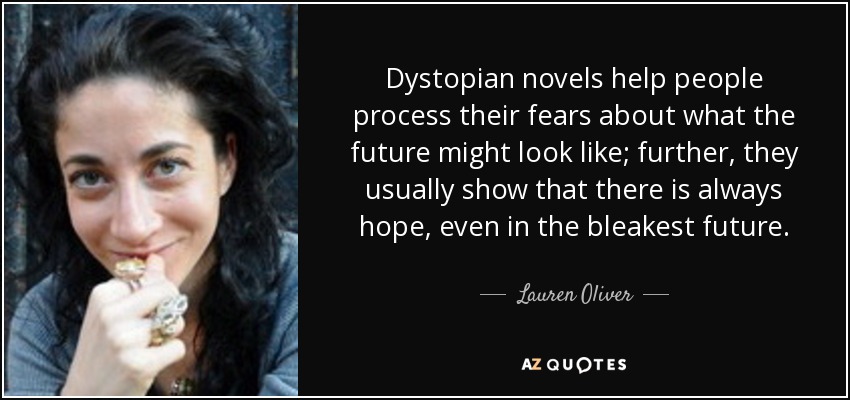Dystopia is a term used to describe a society or community that is undesirable or oppressive, typically characterized by poverty, ignorance, or totalitarianism. It is often depicted in literature and film as a bleak and dark place, one where individual freedom and autonomy are suppressed and replaced with conformity and oppression. Many writers and thinkers throughout history have grappled with the concept of dystopia, and their thoughts and insights on this topic can be found in a wide range of quotes.
One particularly poignant quote on dystopia comes from George Orwell, who wrote the classic dystopian novel 1984. In this novel, Orwell depicts a society in which the government controls every aspect of people's lives, and any form of dissent or nonconformity is ruthlessly punished. In one famous quote from the novel, Orwell writes, "Power is not a means, it is an end. One does not establish a dictatorship in order to safeguard a revolution; one makes the revolution in order to establish the dictatorship." This quote speaks to the idea that dystopia is often born out of a desire for control and power, rather than a desire to create a better society.
Another quote on dystopia comes from Margaret Atwood, who wrote the dystopian novel The Handmaid's Tale. In this novel, Atwood depicts a society in which women are stripped of their rights and freedoms, and are reduced to nothing more than reproductive vessels. In one particularly memorable quote from the novel, Atwood writes, "Nolite te bastardes carborundorum. Don't let the bastards grind you down." This quote speaks to the idea that even in the darkest of dystopias, there is always the potential for resistance and rebellion, and that individuals have the power to resist and fight back against oppressive systems.
Yet another quote on dystopia comes from Ray Bradbury, who wrote the dystopian novel Fahrenheit 451. In this novel, Bradbury depicts a society in which books are banned and the government controls all information and thought. In one memorable quote from the novel, Bradbury writes, "There must be something in books, something we can't imagine, to make a woman stay in a burning house; there must be something there. You don't stay for nothing." This quote speaks to the idea that even in a society where the pursuit of knowledge and truth is suppressed, there are still those who are willing to fight for their right to access information and ideas.
Overall, these quotes illustrate just a few of the many different ways in which writers and thinkers have grappled with the concept of dystopia. Whether it is through the desire for control and power, the suppression of individual rights and freedoms, or the suppression of knowledge and truth, dystopia is a deeply unsettling and oppressive force that has been explored in literature and film for centuries.






